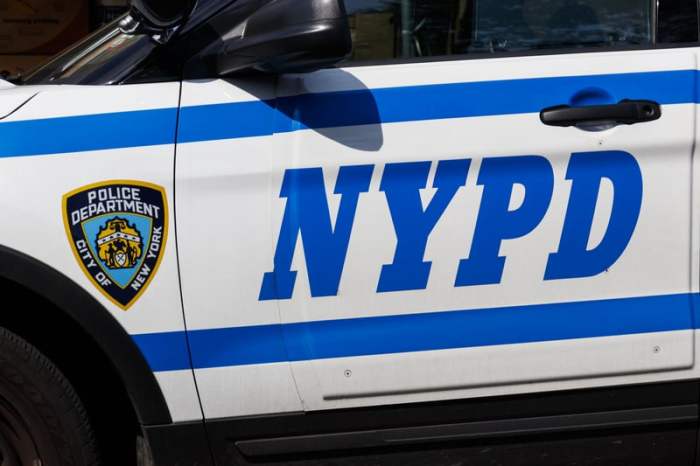Detectives have a suspect in custody in connection with the rape and murder of Howard Beach resident Karina Vetrano six months after her death, it was reported on Saturday night.
According to DNAinfo, detectives took the suspect into custody at 6 p.m. on Feb. 4 after his DNA matched genetic material recovered from the scene in Spring Creek Park where Vetrano was found dead on the night of Aug. 2, 2016.
Police sources confirmed on Saturday night that a male is under arrest, and that charges are pending against him. He was identified as Chanel Lewis, 20, of East New York, Brooklyn.
Vetrano, 30, went out for a run from her 84th Street home at 5 p.m. on Aug. 2, 2016, and never returned home. Her father contacted police, and a search began soon thereafter. Vetrano’s body was recovered hours later amid the heavily weeded area off the intersection of 161st Avenue and 78th Street; she had been raped, beaten and strangled to death.
The crime sent shockwaves throughout Howard Beach. Vetrano’s parents, Phil and Cathy Vetrano, and other local residents launched a reward fund, raising more than $250,000 to be provided to the person who would help police locate Karina Vetrano’s killer.
For months, however, detectives made no progress in finding the suspect. There had been no previous matches to genetic material recovered from the crime scene with DNA profiles in the state criminal databank. The NYPD released a sketch of a possible person of interest in the case and even a personality profile of the perpetrator. Up until Saturday, however, those efforts failed to produce the intended result.
Just two days before the latest development in the case, Phil and Cathy Vetrano held a press conference with local elected officials near Spring Creek Park calling for the state to use familial DNA testing to help solve the case and other unsolved homicides. Familial DNA testing, which is in use in nine other states across the country, allows investigators to consider partial matches in the state DNA databank, opening the door for relatives of individuals with state DNA databank profiles to be questioned.

































